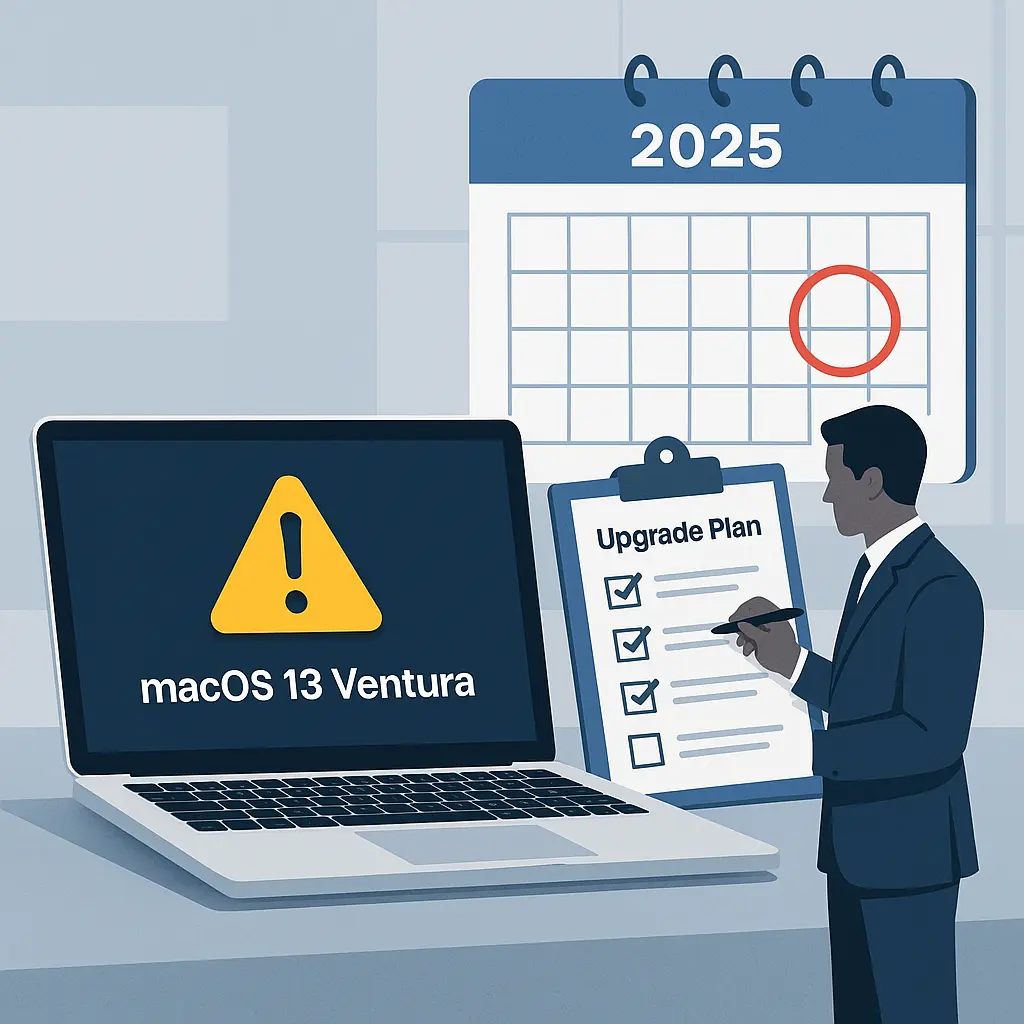Imagine this: you receive an email from a seemingly legitimate source, but it contains a malicious link. One click, and suddenly your entire network is compromised. Client data vanishes, operations grind to a halt, and your business reputation takes a major hit.
This is the harsh reality of cyber threats faced by small businesses today. As a business leader, you understand the critical need for cybersecurity, but the question remains: how much should you invest to keep your data safe and your business running smoothly?
In this article, you’ll learn how to estimate the perfect cybersecurity budget for your small business. We’ll explore the key factors that influence cost, so you can make informed decisions and get the protection you need without overspending.
Factors Affecting Your Cybersecurity Costs
Now, let’s delve into the key factors that influence your cybersecurity budget. Understanding these factors empowers you to tailor a security plan that meets your needs without overspending.
1. Industry and Business Size
The data you handle matters: Financial institutions, healthcare providers, and legal firms deal with highly sensitive data (e.g., social security numbers, medical records). Protecting this data requires robust security measures, impacting your budget.
The bigger you are, the bigger the target: More employees and devices translate to more potential security vulnerabilities. Businesses with larger workforces may need more comprehensive security solutions to manage these risks.
2. Current Cybersecurity Posture
Strong foundation saves you money: Having basic security measures in place, like firewalls and antivirus software, serves as a solid foundation for adding advanced solutions. This can make your overall cybersecurity plan more cost-effective.
Starting from scratch will cost more: If your cybersecurity is outdated or nonexistent, initial setup costs might be higher. Consider a cybersecurity assessment from a reputable IT service provider. This assessment can identify your vulnerabilities and help you prioritize essential security measures, saving you money in the long run.
3. Desired Security Solutions
Many IT providers offer tiered service packages with varying levels of cybersecurity. It’s crucial to understand that basic IT support often doesn’t include any cybersecurity measures.
Basic
IT
Support
Typical Monthly Costs:
$50 – $150 per user
This tier focuses on maintaining your IT infrastructure and doesn’t include proactive security measures.
- Remote Support: provides your employees with on-demand support for various I.T. problems
- Data Backup: protects important data from loss in case of disaster
- Antivirus Software: basic protection against malicious software
- Server Monitoring: monitor basic alerts, such as failing hardware
- User management: add and remove users, password resets
Essential
Cybersecurity
Services
Typical Monthly Costs:
$250 – $500 per user
These services go beyond basic IT support by actively protecting your business from cyber threats:
- Everything mentioned under Basic IT Support, plus…
- Endpoint Detection & Response (EDR): Proactively identifies and stops malware infections.
- Employee Cybersecurity Training: Educates employees on cybersecurity best practices to reduce human error risks.
- Phishing Tests: Simulates phishing attacks to identify vulnerable employees and strengthen overall awareness.
- Spam Filtering: Protects your inbox from malicious emails.
- Password Management Tools: Encourages strong passwords and simplifies secure storage.
- Multi-Factor Authentication: Adds an extra layer of security beyond passwords.
Estimating Your Cybersecurity Budget
Now that you understand the factors influencing cost, let’s explore approaches to estimate your cybersecurity budget.
Percentage of Revenue Approach
Consider industry benchmarks and your specific needs. For example, in a data-sensitive industry like healthcare, a starting point of 6% of your annual revenue might be appropriate. Remember, this is a starting point, and adjustments might be necessary based on factors like company size and desired security solutions.
Cost per Employee Approach
While not a perfect measure, the number of employees can offer a rough cost estimate. With more employees, your IT and security needs generally scale up. This approach can be helpful for initial budgeting discussions, but a more detailed assessment is recommended.
Consider a Cybersecurity Risk Assessment
The most effective way to estimate your true cybersecurity needs is a risk assessment from a reputable IT service provider. This assessment identifies vulnerabilities and helps prioritize essential security measures, optimizing your long-term budget. Many IT providers offer free or low-cost initial assessments. Paid assessments typically start around $1,500 and go up from there, depending on your business needs and complexity.
Benefits of a Cybersecurity Risk Assessment:
- Gain valuable insights: A risk assessment provides a clear picture of your current security posture and identifies potential weaknesses.
- Prioritize effectively: The assessment helps you focus on the most critical security needs, optimizing your budget allocation.
- Inform your long-term plan: By understanding your security risks, you can develop a proactive cybersecurity strategy for the future.
Choosing a Risk Assessment Provider:
- Look for reputable IT service providers with experience in your industry.
- Inquire about the assessment methodology and the level of detail provided in the report.
- Consider both free and paid options, understanding the scope of each.
By combining these approaches, especially a cybersecurity risk assessment, you’ll gain valuable insights to create a well-informed and cost-effective cybersecurity budget for your small business.
Making Informed Cybersecurity Decisions
Understanding your cybersecurity needs doesn’t have to be overwhelming. By following the steps outlined in this article, you can create a cybersecurity budget that keeps your business safe without overspending.
Here’s a quick recap:
- Identify your risk factors: Consider your industry, business size, and the type of data you handle.
- Evaluate your current posture: Do you have basic security measures in place already?
- Choose the right security solutions: Tailor your security plan to address your specific needs, whether it’s basic IT support or comprehensive cybersecurity services.
- Get a cybersecurity risk assessment: This valuable tool can identify vulnerabilities and help you prioritize essential security measures, optimizing your budget.
Remember, cybersecurity is an investment in the future of your business. By taking proactive steps today, you can protect your data, ensure business continuity, and maintain your hard-earned reputation.
Ready to get started? Many IT service providers offer free consultations to discuss your cybersecurity needs. Contact a reputable provider today to explore your options and build a secure future for your business.
Ready to Take Your Business to the Next Level?
Are you ready to fortify your business’s digital fortress, elevate your cybersecurity to new heights, and transform technology into an asset that propels your success?
Let’s embark on a journey together – schedule your empowering strategy session with us today and unlock a future where innovation knows no bounds!



